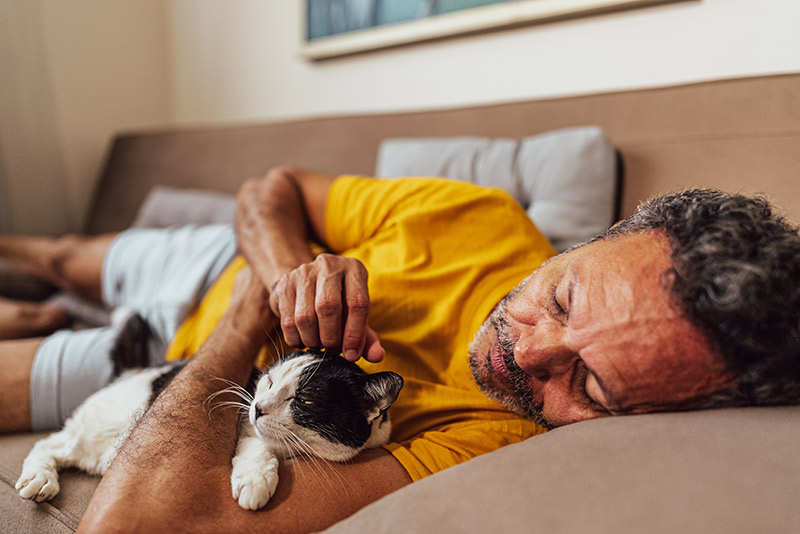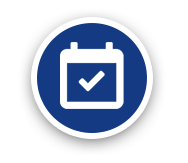Sleep is vital to good health. But many things can prevent you from sleeping well at night. One of them is sleep apnea, a common sleep disorder.
It’s possible to have sleep apnea without realizing it. But if you have symptoms, it’s important to get tested—for better sleep, health and overall quality of life. Experts at Emory Sleep Center can help you get an accurate diagnosis and treatment so you can feel and function better.




